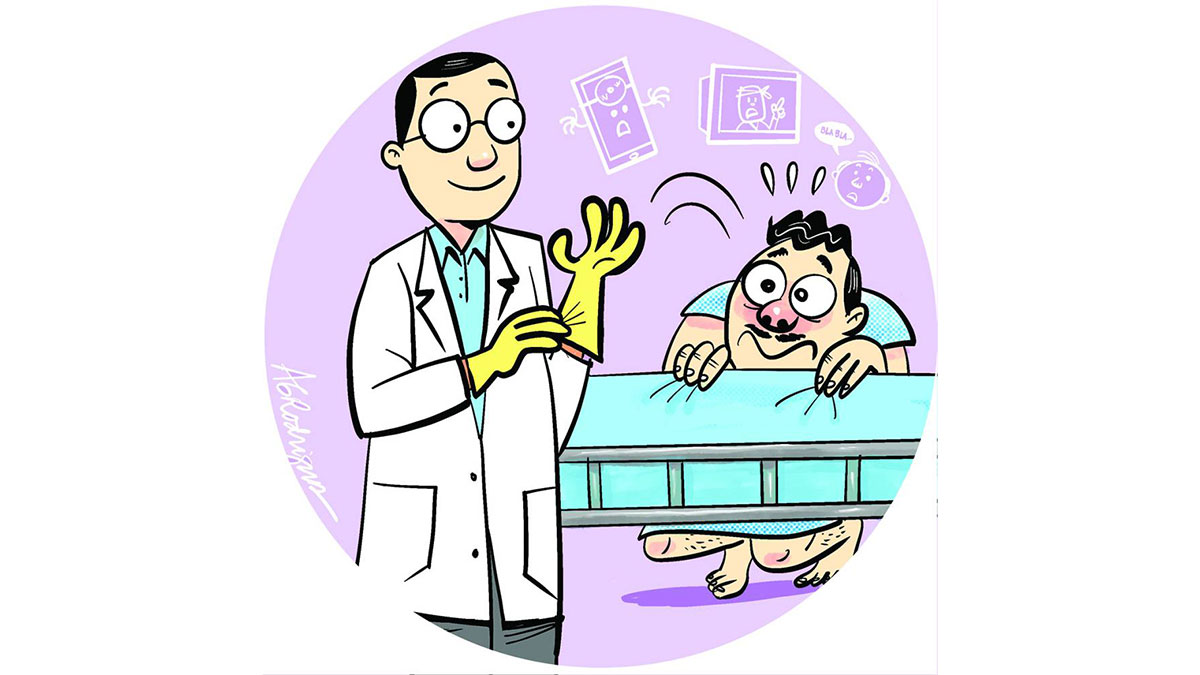Things are looking better for diabetic patients, whose risk of developing cardiovascular complications and dying from heart-related causes is much higher than people who are not diabetics.
It has been a major source of disappointment that drugs prescribed to lower blood sugar levels didn’t really make a difference in improving the survival and long-term outcomes of diabetics.
On the contrary, some antidiabetic medicines seemed to increase the risk of developing heart attacks especially among high-risk diabetics. This was attributed partly to the propensity of these drugs to cause hypoglycemia or the excessive lowering of the blood-sugar levels.
Irregular heartbeats
Severe hypoglycemic episodes can make the heart irritable and cause irregular heartbeats or arrhythmia that might even lead to sudden cardiac death.
Some antidiabetic drugs have also been shown to increase the risk of developing heart failure. The presence of diabetes already increases the risk of developing heart failure two- to four-fold, so giving drugs that can heighten the risk may really do diabetics more harm than good.
Hospitalization due to heart failure in diabetics has also been shown to impose a huge economic burden, and reducing such risk is now a major goal in antidiabetic treatment.
Last week, I had the privilege of joining a round-table discussion in Kuala Lumpur on a recent published landmark study reaffirming the effectiveness of a certain class of antidiabetic drugs to reduce the risk of heart failure and improve long-term outcomes in diabetics.
The resource persons were professor Jonathan Shaw, deputy director (Clinical and Population Health) at Melbourne’s Baker Heart and Diabetes Institute; and professor David Sim, a senior consultant at the Department of Cardiology and director of the Heart Failure Programme at the National Heart Center Singapore.
Professors Shaw and Sim discussed the clinical implications of the results of the Declare (Dapagliflozin and Cardiovascular Outcomes in Type 2 Diabetes) trial, a landmark study, which was initially presented two weeks ago in the American Heart Association convention in Chicago, and published in the New England Journal of Medicine.
Promising results
The study showed that the diabetes drug Dapagliflozin, which is already available in the country, can help reduce hospitalization for heart failure among diabetics and can help prevent the rapid deterioration of kidney function.
It’s well known that many diabetics develop end-stage kidney failure that requires dialysis and kidney transplantation.
The Declare trial was conducted in 33 countries, including the Philippines. Local experts led by Dr. Rosa Allyn Sy, section head for Endocrinology, Diabetes, Metabolism and Nutrition at Cardinal Santos Medical Center and Ospital ng Makati, contributed close to 400 patients to the study.
Regarding the implications of this study, Dr. Sy said: “In achieving statistically significant reduction in the composite endpoint of hospitalization for heart failure or cardiovascular death, the Declare study results mark an important milestone for Type 2 diabetic patients and its management.”
Type 2 diabetes refers to adult-onset, non-insulin-requiring diabetes in contrast to Type 1, which is the juvenile onset and insulin-requiring diabetes.
Dapagliflozin belongs to the sodium glucose cotransporter 2 inhibitor (SGLT2i) class of drugs, which has a unique mechanism of action centered on the kidneys. It prevents the reabsorption of sugar in the kidney tubules and enhances its excretion in the urine.
Patients sometimes worry that when they check their urine, there’s too much sugar in it. This is a good sign that the drug is working.
According to professor Shaw, the Declare study is the largest study in this drug class, enrolling more than 17,000 patients across 33 countries. It included a broad range of diabetics with established cardiovascular disease (CVD) and those with no CVD yet, but with other risk factors like high blood pressure, high cholesterol, sedentary activity and smoking.
The study suggests that even for those with just risk factors and no CVD yet, it’s better to start them early on this type of drugs that can protect the heart and kidneys.
The downside to this class of drugs is that it may cause more genital and urinary tract infections—likely because of the increased sugar in the urine, but with proper hygiene, this should not be a major issue.
There are three SGLT2i drugs that are already being marketed in the Philippines. They cost more than other antidiabetic drugs, but they may turn out cheaper in the long run by preventing repeated hospitalization for heart failure, and preventing other cardiovascular complications.
If these drugs could also help prolong the lives of diabetics, one wouldn’t mind shelling out more cash for them.
It’s a prescription drug though and only your doctor can tell whether or not it’s suitable for you.












































